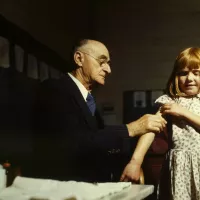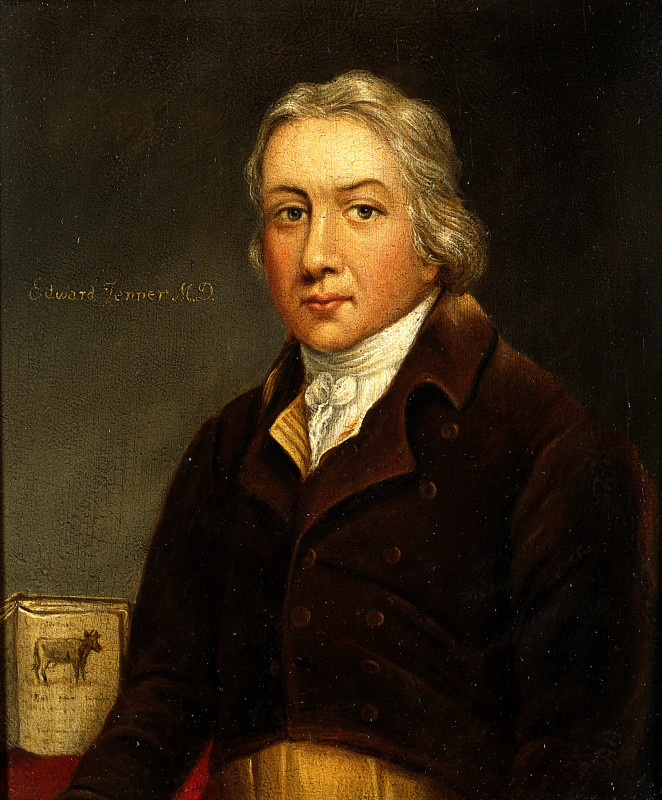Silver Alerts are public notifications in the United States designed to help locate missing individuals, particularly senior citizens, who are suffering from Alzheimer's disease, dementia, or other cognitive impairments. These alerts disseminate information to the public, enabling citizens to assist law enforcement in the search and rescue efforts. The primary goal is to quickly locate vulnerable missing adults, reducing the risk of harm or fatality. Silver Alerts mirror the Amber Alert system for missing children, leveraging public awareness to improve the chances of a safe return.
2003: Veto of Silver Alert legislation in New York
In 2003, New York Governor George Pataki vetoed Silver Alert legislation, expressing concern that it would weaken the Amber Alert system and make the alerts too common.
April 2004: Disappearance of Mattie Moore
In April 2004, Mattie Moore, a 68-year-old Atlanta resident with Alzheimer's disease, disappeared, prompting increased public efforts to locate missing seniors in Georgia.
December 2005: Oklahoma "Silver Alert" announcement
In December 2005, Oklahoma state Representative Fred Perry announced his intention to introduce a program called "Silver Alert," which he described as an "AMBER Alert for seniors."
March 2006: Oklahoma House passes Silver Alert resolution
In March 2006, the Oklahoma House of Representatives passed H.R. 1075, a resolution calling for a Silver Alert system to find missing seniors.
April 2006: Enactment of statewide Mattie's Call program
In April 2006, legislation was enacted to create a statewide Mattie's Call program in Georgia, designed to support law enforcement and broadcasters in issuing urgent bulletins for missing persons with Alzheimer's disease, dementia, and other mental disabilities.
2006: Mattie's Call Inception
In 2006, Mattie's Call was established in Georgia. It garnered a safe return for 70 of the 71 calls issued between its inception and January 2009.
September 2007: Inception of Silver Alert in Texas
In September 2007, the Silver Alert system was implemented in Texas. During its first year, it was invoked 52 times, leading to the safe location of 48 missing seniors, with 13 recoveries directly attributable to the Silver Alert.
February 26, 2008: Incident Leading to Florida Pilot Program
On February 26, 2008, an 86-year-old individual drove away from an assisted-living facility in Florida, prompting local and state government officials to develop a pilot Silver Alert program after the person was found dead a week later.
May 2008: Introduction of National Silver Alert Act
In May 2008, Representative Lloyd Doggett introduced the National Silver Alert Act in the U.S. House of Representatives to encourage and integrate Silver Alert plans throughout the United States. Similar legislation was filed by Representatives Gus Bilirakis and Sue Myrick.
September 2008: House Passes H.R. 6064
In September 2008, the House passed H.R. 6064 by a voice vote; it was a combination of three bills regarding the National Silver Alert Act. However, the 110th Congress adjourned before the bill could be considered in the U.S. Senate.
October 2008: Initiation of Silver Alert program in Florida
In October 2008, the Silver Alert program was initiated in Florida.
2008: Silver Alerts in North Carolina
In 2008, North Carolina issued 128 Silver Alerts, leading to the safe recovery of 118 seniors.
January 2009: Mattie's Call success rate
As of January 2009, Mattie's Call in Georgia had resulted in the safe return of 70 out of 71 calls issued since its inception.
February 11, 2009: House Passes National Silver Alert Act
On February 11, 2009, the House of Representatives passed the National Silver Alert Act, H.R. 632, on a voice vote during the 111th Congress.
April 2009: Silver Alert program permanently established in Oklahoma
In April 2009, Governor Brad Henry signed legislation permanently establishing the Silver Alert program in Oklahoma.
2009: Florida Silver Alert Success
In 2009, the first year of the Silver Alert program in Florida, 136 Silver Alerts were issued, resulting in 131 safe recoveries, with 19 directly attributable to the Silver Alert.
2012: Review of missing-senior programs
In 2012, a review of research into missing-senior programs found that Silver Alert had not been evaluated to determine its effectiveness in returning people to safety. The review also criticized the program for prioritizing safety over civil rights and noted potential risks of exploitation.
December 12, 2013: Reintroduction of National Silver Alert Act
On December 12, 2013, Senator Joe Manchin reintroduced the National Silver Alert Act as S.1814 in the 113th Congress, but it was not voted on before the U.S. Senate adjourned.
Mentioned in this timeline

An Amber Alert or Child Abduction Emergency is a public...
Florida a state in the Southeastern United States is largely...
North Carolina is a Southeastern U S state the th-largest...

Joe Manchin is an American businessman and former politician who...
Oklahoma is a state in the South Central region of...
Texas the second-largest US state by area and population is...
Trending

32 minutes ago Google Maps to fully function in South Korea after data agreement.

2 hours ago CDC Panel to Discuss COVID-19 Vaccine Injuries Following RFK Jr.'s Meeting

32 minutes ago CDC Panel to Discuss COVID Vaccine Injuries Following RFK Jr.'s Meeting

2 hours ago Casey Means' Surgeon General Nomination Faces Scrutiny Over Mainstream Medicine Criticism and Birth Control Views.
3 hours ago Punch, the lonely baby monkey, goes viral and wins hearts worldwide.

4 hours ago Jon Hamm Discovers Viral Dancing Meme; Reacts to Meme-Worthy Status at 54.
Popular

Jesse Jackson is an American civil rights activist politician and...

Barack Obama the th U S President - was the...

Susan Rice is an American diplomat and public official prominent...

XXXTentacion born Jahseh Dwayne Ricardo Onfroy was a controversial yet...

Michael Joseph Jackson the King of Pop was a highly...

Kashyap Pramod Patel is an American lawyer who became the...